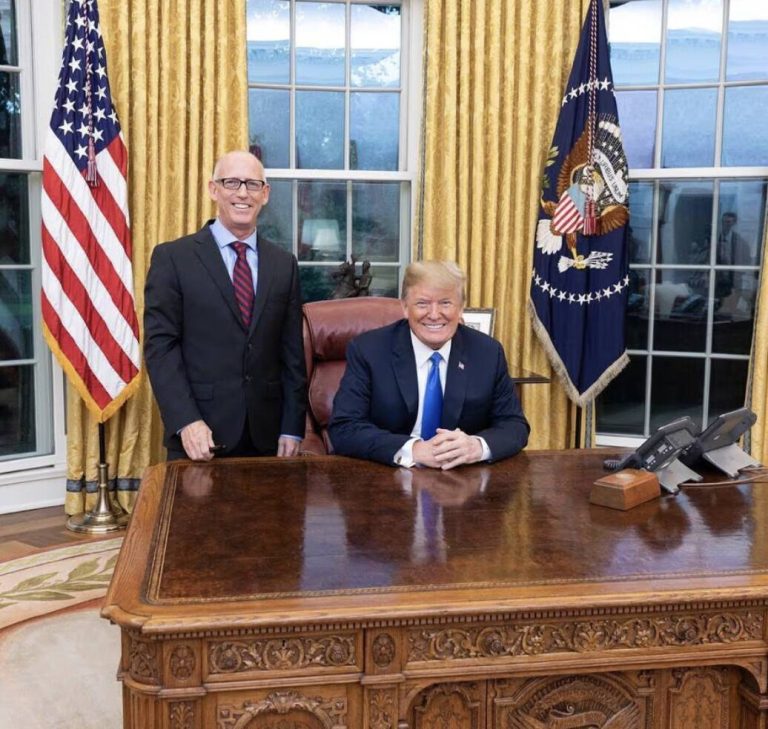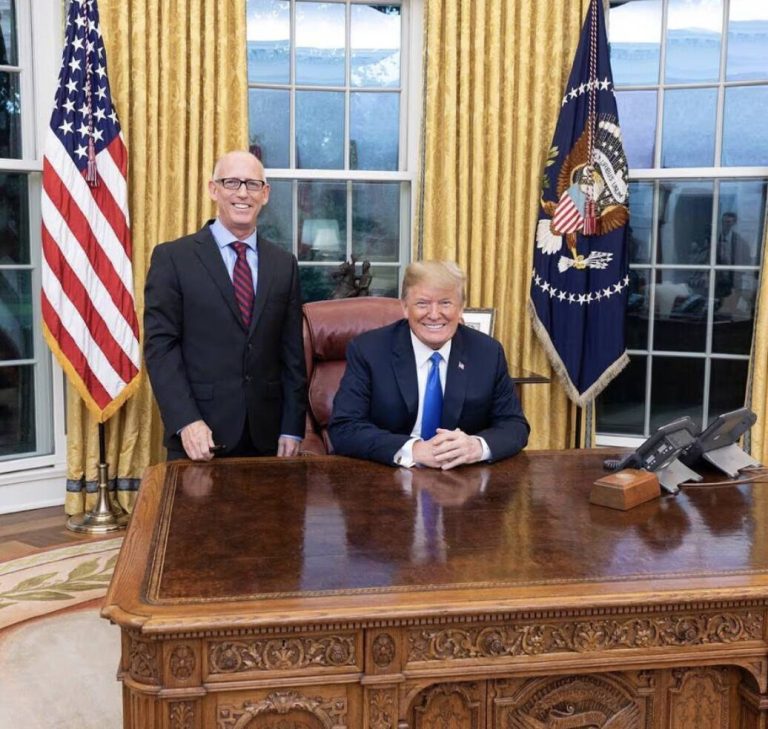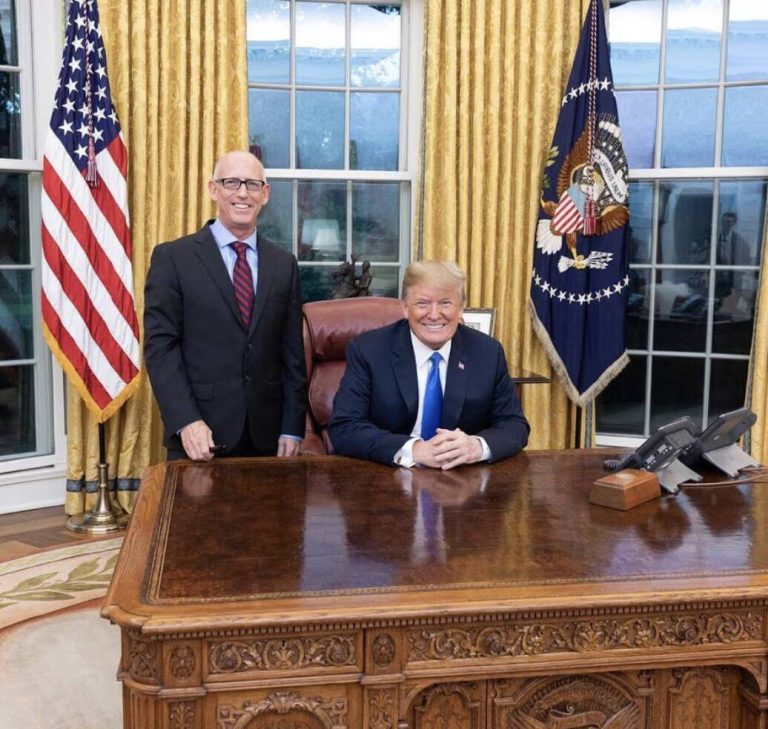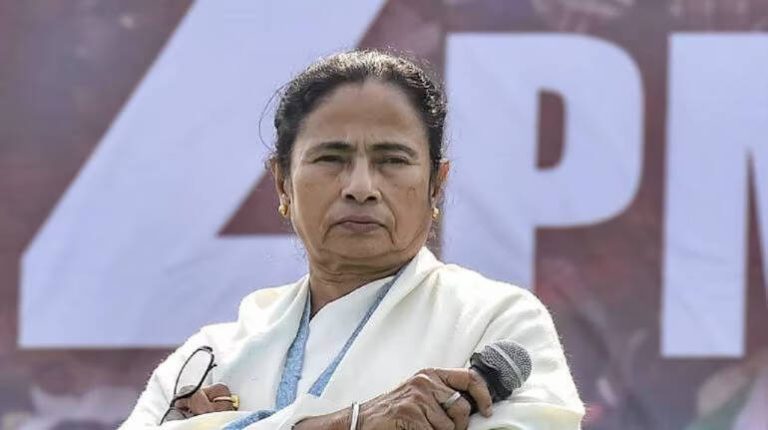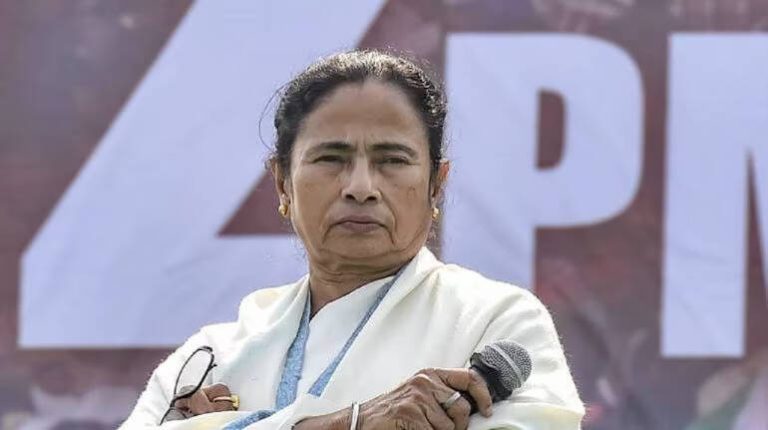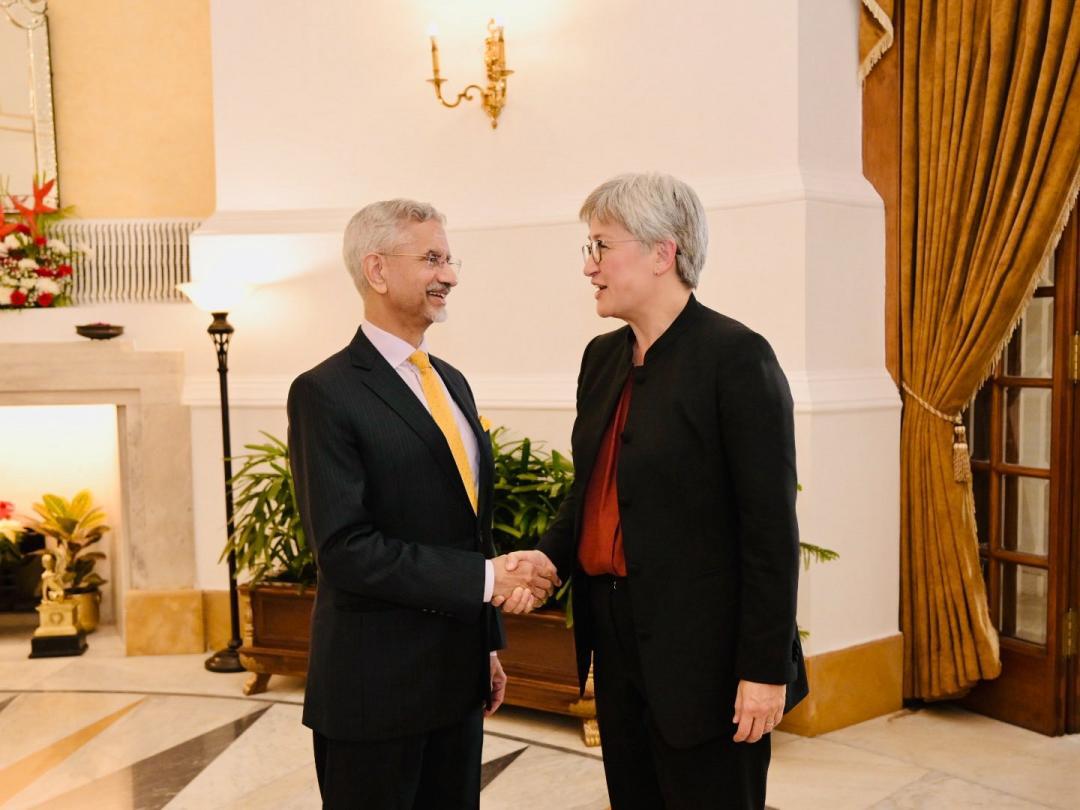
You’ve beaten us in both Men’s & Women’s Cricket,’ Australia leader jokes with Jaishankar
In a lighthearted moment during a meeting between two of the world’s most prominent diplomats, Australia’s Foreign Minister Penny Wong jokingly acknowledged India’s supremacy in cricket. Wong met with India’s External Affairs Minister (EAM) S Jaishankar and began their conversation with a humorous remark, saying, “You’ve beaten us in both Men’s and Women’s Cricket.” This statement not only showcases the camaraderie between the two leaders but also highlights the intense rivalry between India and Australia in the world of cricket.
Penny Wong’s comment was particularly timely, given the recent victories of the Indian cricket teams against their Australian counterparts. In October, the Indian women’s cricket team made history by defeating Australia in the semifinal of the 2025 Women’s World Cup. This triumph marked a significant milestone for women’s cricket in India and demonstrated the team’s capabilities on the global stage. More recently, in November, the Indian Men’s team emerged victorious in a T20I series against Australia, further solidifying India’s position as a cricketing powerhouse.
The meeting between Wong and Jaishankar is significant not just for the cricketing banter but also because it underscores the growing diplomatic relationship between Australia and India. Penny Wong mentioned that Jaishankar is the minister she has met most in her current role, indicating the frequency and importance of interactions between the two nations. This frequent dialogue suggests a deepening of ties between Australia and India, with both countries recognizing the value of cooperation on a range of issues, from trade and security to education and sports.
The joke about cricket also reflects the cultural significance of the sport in both countries. Cricket is not just a game in India and Australia; it is a national passion that brings people together and creates a sense of community. The rivalry between the two countries on the cricket field is legendary, with matches between them often being high-intensity, closely contested affairs. By acknowledging India’s recent victories, Penny Wong was not only showing sporting spirit but also recognizing the emotional connection that cricket fans in both countries have with the game.
Beyond the realm of sports, the meeting between the two foreign ministers holds implications for bilateral relations and global cooperation. As significant players in the Indo-Pacific region, Australia and India have a mutual interest in promoting stability, security, and economic growth. Their collaboration can have far-reaching consequences, from counter-terrorism efforts to joint initiatives in technology, innovation, and sustainable development.
The personal rapport between Penny Wong and S Jaishankar, as evident from their exchange, can facilitate smoother diplomatic engagements and foster an environment of trust and understanding. In international diplomacy, personal relationships between leaders can often make a significant difference in how nations interact and cooperate. The fact that Wong and Jaishankar have met frequently and can engage in lighthearted conversations suggests a level of comfort and familiarity that can be beneficial in navigating complex geopolitical issues.
In conclusion, the jest about cricket between Penny Wong and S Jaishankar during their meeting highlights not just the sporting rivalry between Australia and India but also the warmth and depth of their diplomatic relationship. As both countries continue to engage on multiple fronts, from sports to strategic affairs, the foundation laid by such interactions can pave the way for more substantial and meaningful collaborations in the future.
